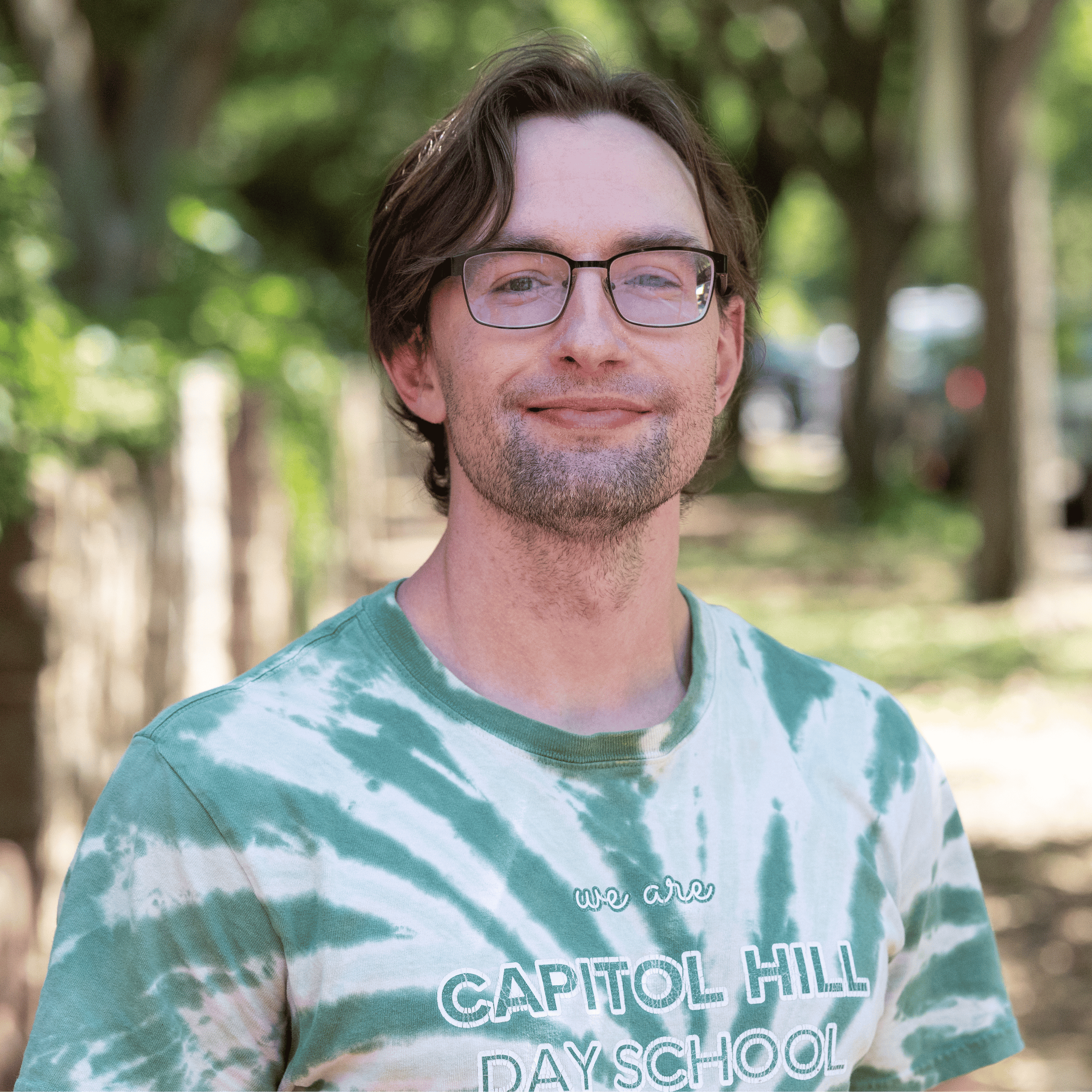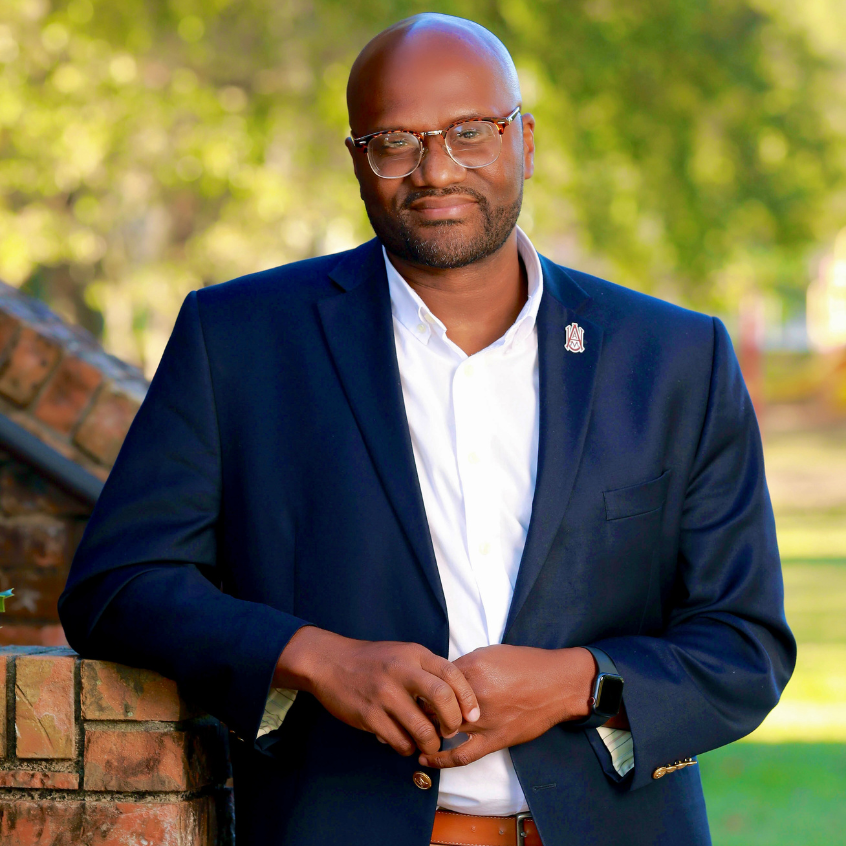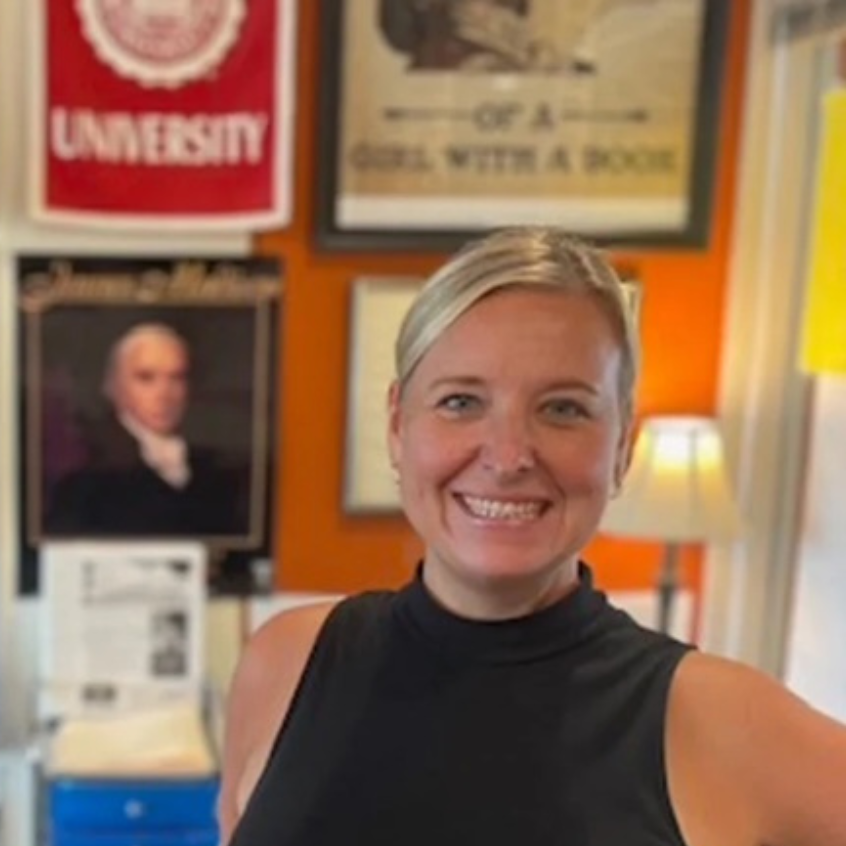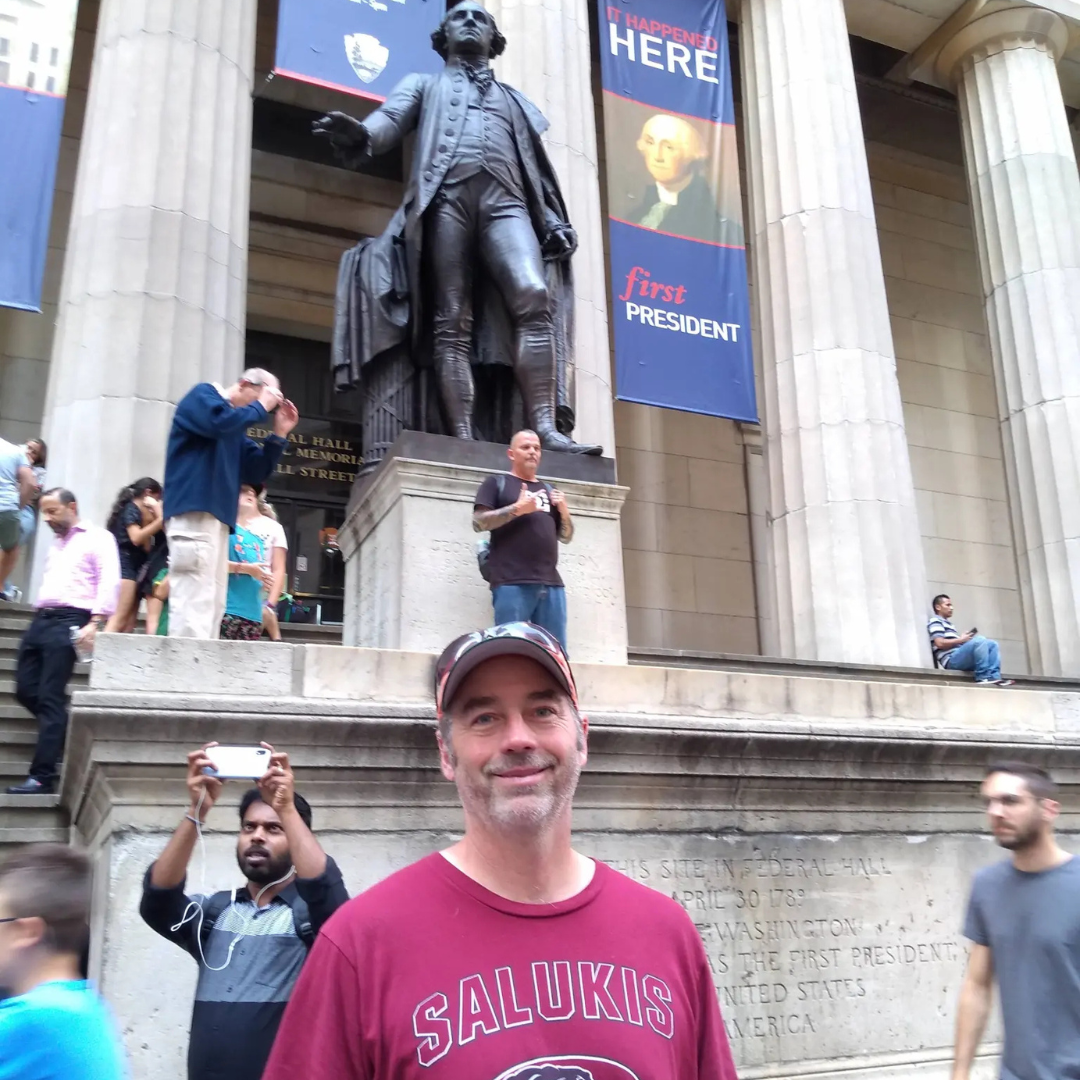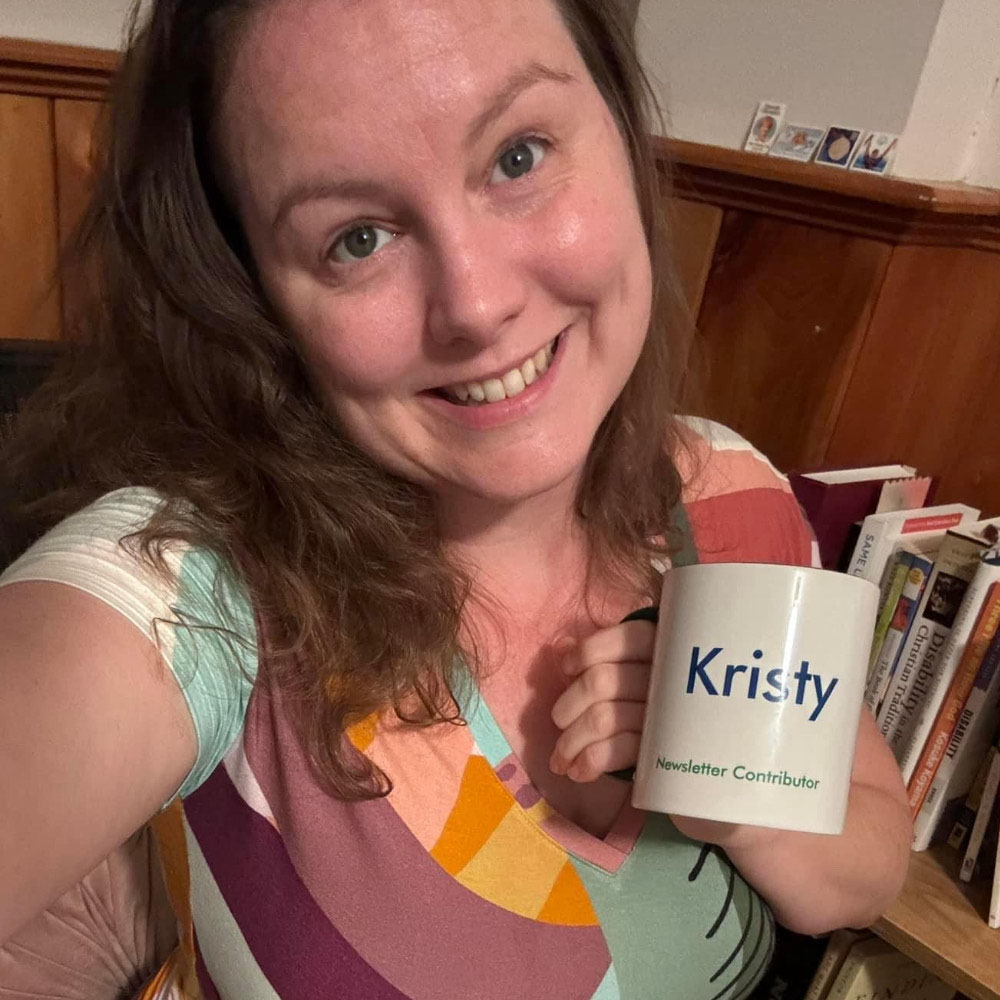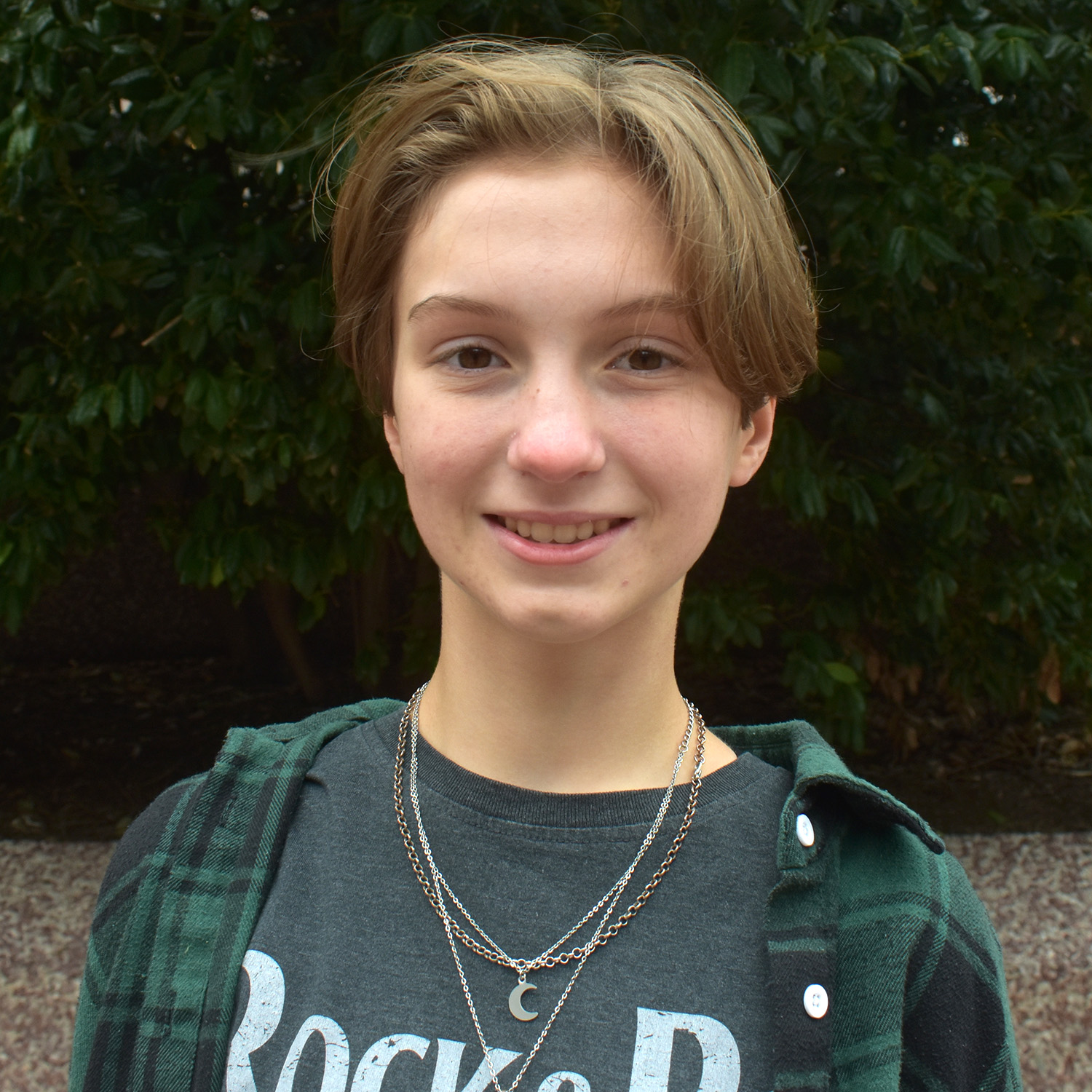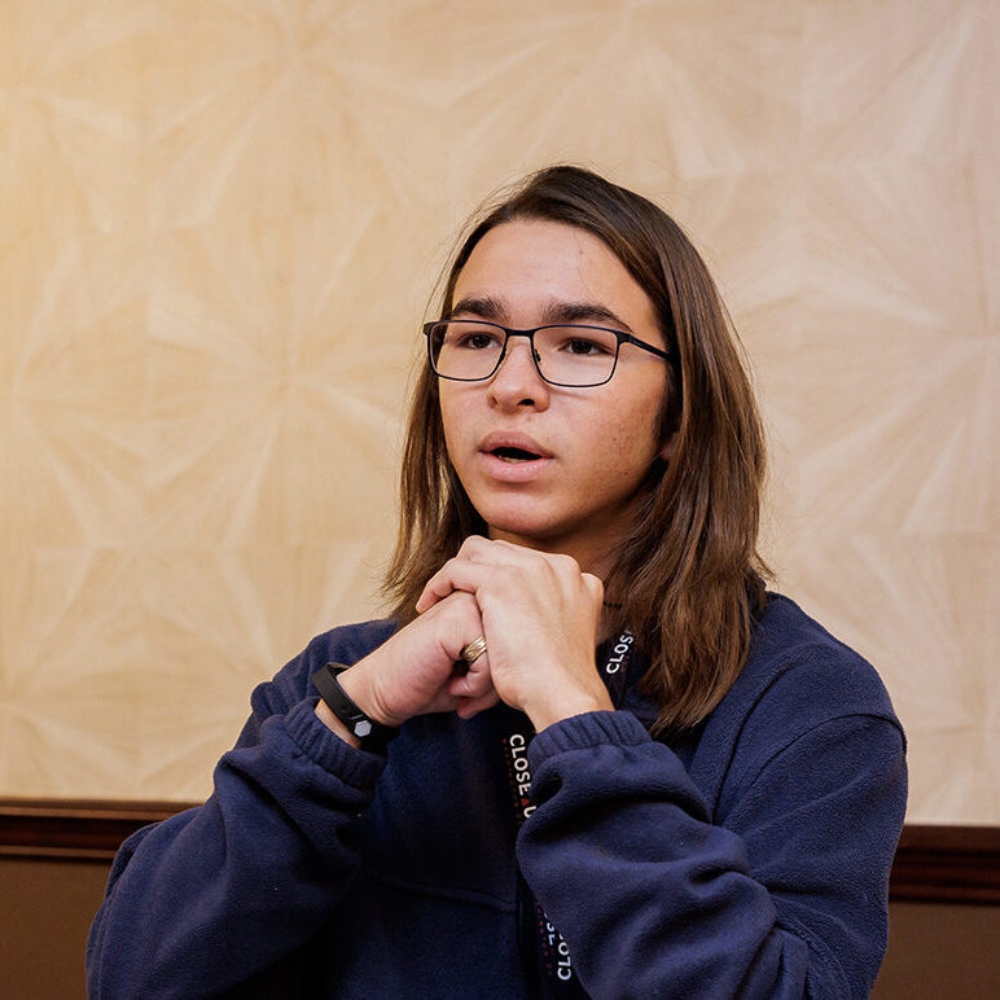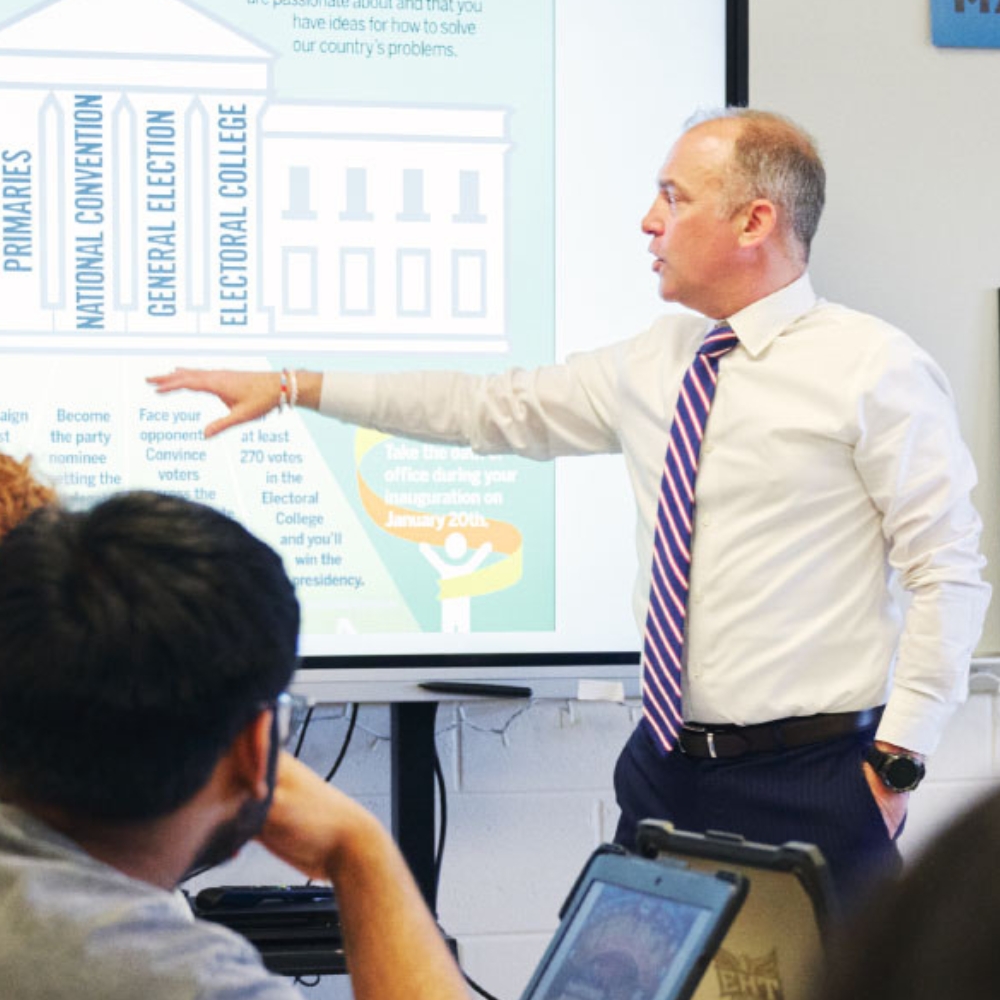When Luke Selover, a humanities teacher at Capitol Hill Day School in Washington, D.C., discovered the Students Engage lesson plan from iCivics, he saw more than a classroom activity—he saw a model for empowerment.
“There is this lesson that I found in my second or third year of teaching, and I just thought the bones of it was so cool,” Selover said. “We essentially created an entire project based on Students Engage, where students propose changes to our school.”
Each year, Selover’s students identify issues they want to improve and present research-based proposals to school leaders. They create action steps and develop an explanation for why these improvements are needed.
“Some of them get approved; some of them don’t,” Selover said. “We’ve been able to enact some really cool changes, and it’s been great practice for them to advocate for things that they want to see and change in the school.”
One early project expanded the school community. In 2021, the school only had a couple of student groups that met regularly. Students recognized the need for more student unions and clubs that reflected the plurality of viewpoints at the school. They proposed adding more affinity groups after seeing the impact of the Black Student Union, and the school’s community has grown to include clubs for young men, neurodivergent students, Latino students, and many more.
“All of that came from this push from the students—‘Hey, we want a space to meet in these different groups,’” he said. “We were able to create all these different affinity groups and give people space to be in affinity with others.”
Another project tackled something close to every student’s heart: lunchtime. Students argued that outdoor lunch would simplify cleanup, extend recess, and improve focus later in the day. The idea stuck, and students are now able to eat outside when the weather is good.
Most recently, students turned their attention to improving their shared learning environment. They spoke to their peers and discovered that noise from transitions and limited access to water were persistent sources of frustration. After doing research and considering roadblocks, like budget and classroom needs, students proposed practical solutions: a noise-blocking curtain and a water bottle filler to replace the water fountain. They even researched pricing and created diagrams illustrating how the space could be altered.
“I was really proud of this group,” Selover said. “I think the water filler is happening, and they’re still considering some different things we can do to be able to create an easier transition for the folks who are moving throughout the building.”
Selover views the Students Engage project as a training ground for active citizenship, as reflected in the students’ answers to questions on the project’s rubric. Selover’s favorite question asks students to explain why it’s important to advocate for change they want to see in their communities, even if the goals are not achieved.
“I’m always really blown away by their answers on this question,” he said. “They recognize that advocacy itself is valuable. It was good practice for them to understand someone else’s perspective and propose a change that would help make their lives easier.”
For Selover, the lesson’s impact is undeniable.
“This project wouldn’t exist without that iCivics lesson. It has created so many positive things in our school. Y’all gave me the inspiration, and we just made it a little bit bigger.”
About Luke
Teaching experience: 10+ years—5th and 6th grade humanities
School/Organization: Capitol Hill Day School

